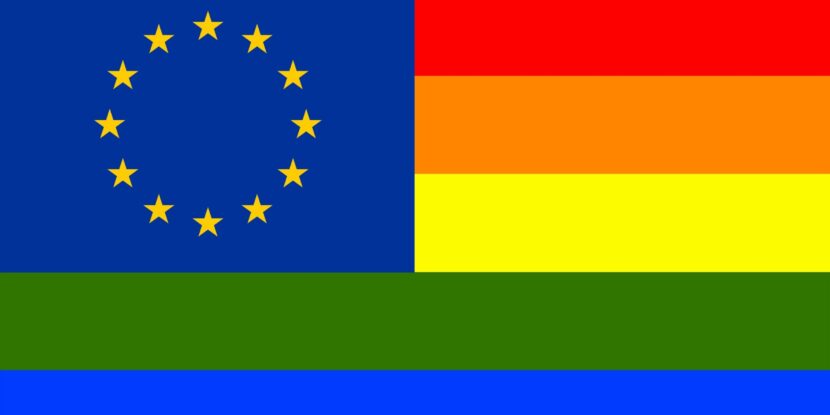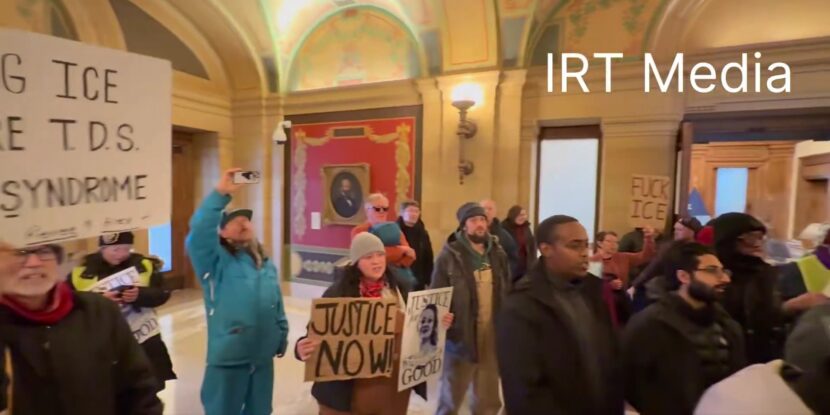A law banning the promotion of LGBTQ issues in schools has just been passed by Bulgarian President Rumen Radev. The new law prohibits “propaganda, promotion, or incitement” of ideas related to nontraditional sexual orientations or gender identities other than biological ones.
The amendment, proposed by the nationalist Revival party—and passed with 159 votes in favor, 20 against, and 10 abstentions—defines “nontraditional sexual orientation” as differing from the norm of opposite-sex attraction. Supporters argue the amendments align with Bulgaria’s constitution and Orthodox Christian values. The Bulgarian Orthodox Church endorsed the changes.
Hundreds of academics urged Radev to veto the amendment, arguing it addresses a non-existent problem in the Bulgarian education system and instead promotes political attacks on the LGBTQ community. Radev did not address the calls directly, but his press service confirmed that signing the law reflected his stance on the changes.
On August 15, hundreds of protesters in Sofia demanded Radev’s resignation and the repeal of the law, chanting slogans like “Fascism kills, power covers up” and “Shame on you.” A counterprotest by the pro-Russian party Vazrazhdane took place simultaneously.
Hungary passed a similar law in 2021 aimed at protecting children from pedophiles, forbidding the display of LGBTQ ideological content to minors in schools as well as in popular media. Same-sex marriage and gay adoption are also banned in the country.
The law was met with fierce opposition from liberals across Europe. Fifteen countries, including Germany and France, launched lawsuits demanding its repeal. The stance of Bulgaria and Hungary are in firm contrast with parts of the United States, where judges have ruled that parents cannot opt their children out of LGBTQ indoctrination.




















